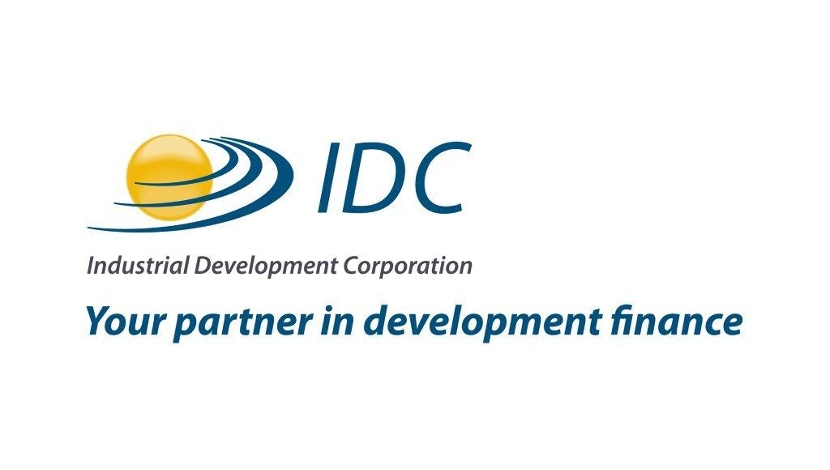

The Industrial Development Corporation (IDC) is budgeting to pick up the pace of lending to black industrialists during its 2017/18 financial year, during which it aims to increase approvals to around R7.4-billion, from R4.7-billion in 2016/17.
Divisional executive for agro, infrastructure and new industries Lizeka Matshekga said the aim is to “accelerate” the IDC’s funding of black industrialists this year, following the official unveiling of the multibillion-rand programme by Economic Development Minister Ebrahim Patel in 2015.
The State-owned development financier set a five-year lending target of R23-billion for black industrialists (starting in the IDC’s 2016 financial year), some of whom may also be eligible for Department of Trade and Industry (DTI) grant funding. The DTI has set a target of supporting 100 black industrialists by March 31, 2018, and has on-budget support for the incentive worth around R2-billion.
However, Matshekga stresses that the IDC’s programme has a far broader scope, notwith-standing a strong “symbiotic relationship” with the DTI scheme.
The IDC is not constrained, for instance, by the strict eligibility criteria associated with the government scheme, such as the DTI’s insistence that beneficiaries have proven operational credentials in sectors supported under the Industrial Policy Action Plan (Ipap).
IDC is open to supporting greenfield ventures, and even providing early-stage finance to develop a black industrialist’s project to bankability.
The financier will also support entrepreneurs pursuing projects outside South Africa and beyond the Ipap sectors, including the infrastructure and hospitality sectors.
“Our main criteria is that the black entrepreneur must have skin in the game by taking personal risk and must be able to demonstrate that he or she has operational control over the business,” Matshekga explains.
However, the IDC definition of personal risk is flexible, particularly where an individual has proven capabilities, but lacks financial wherewithal.
The IDC has created a series of post-transaction support mechanisms, including access to a panel of retired industrialists and experts who offer loan recipients technical and nontechnical advice and mentorship.
“We are willing to walk the journey with these entrepreneurs who contribute to IDC’s job creation and transformation mandate,” Matshekga explains, while acknowledging that there is nevertheless always the risk of failure.
Governance around the programme, as with all other IDC activities, is also being tightened to lower the risk of fraud and corruption, as well as to address the possible risk associated with lending to so-called politically exposed people (PEPs).
Matshekga said: “We expect both the value and the volume of transactions to increase in the two years that remain.”





